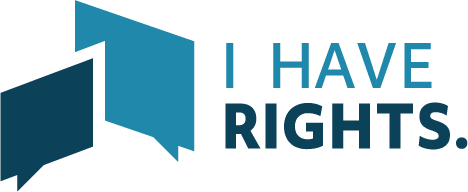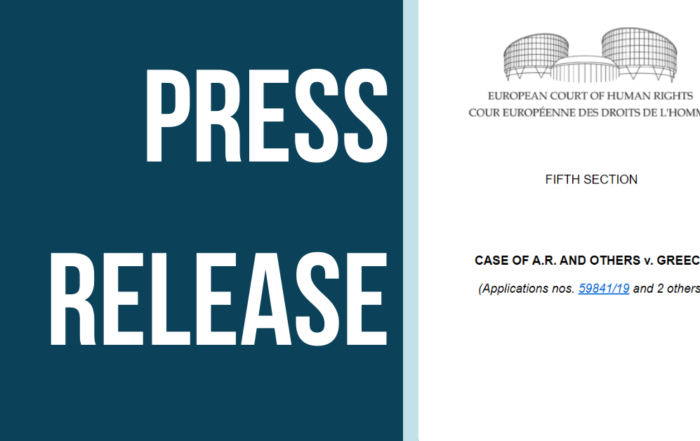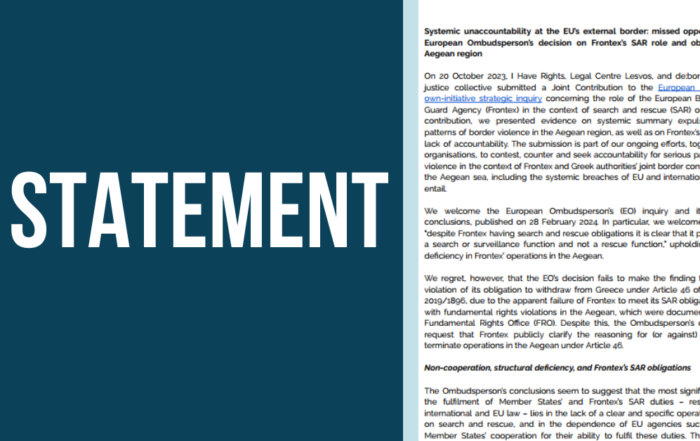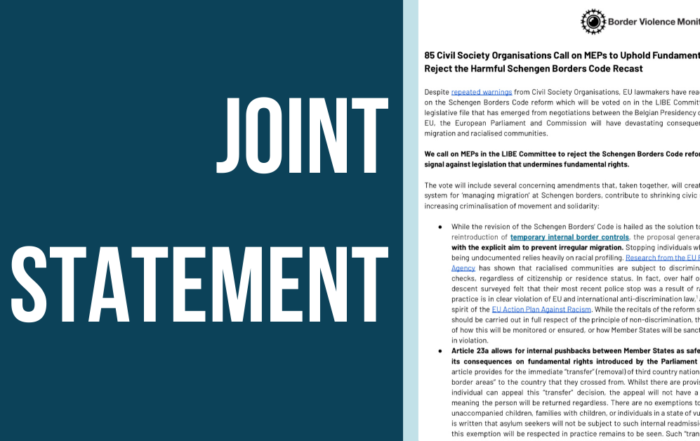The European Commission recently decided to review the EU Anti-Trafficking directive, and IHR has provided feedback on the proposed revisions. We believe that survivors of trafficking should be given the opportunity to disclose their experiences at all points of the asylum procedure.
As the Northern Aegean islands are the entry point to the EU for many asylum seekers, it is crucial that the EU’s legal frameworks and Greece’s practices ensure the identification of survivors of human trafficking early in the asylum process and ensure that such persons are provided with appropriate support and assistance. However, in IHR’s experience, the Greek authorities consistently fail to meet their obligations to human trafficking survivors.
In our submission, we underline:
- Deficiencies in screening procedures conducted by Frontex in the Samos Closed Controlled Access Center (CCAC) ;
- Deficiencies in the medical and psychosocial evaluation for determining if a person is a survivor of trafficking and thus considered to be vulnerable for the asylum procedure ;
- Deficiencies in the asylum interview process ;
- Deficiencies of the National Referral Mechanism
We also emphasise the impact that violence such as pushbacks and de facto detention in the prison-like structure of the EU-funded Samos Closed Controlled Access Center (CCAC). Indeed, such practices discourages victims from self-identifying and cooperating with authorities, which limits the effectiveness of anti-trafficking mechanisms.
IHR is advocating for a positive obligation to identify, support, protect, and assist victims of trafficking. We urge the European Commission to take bold and comprehensive action to address the gaps in the current system and to provide adequate support for survivors of human trafficking.
European Court of Human Rights again condemns Greece’s Treatment of an asylum seeker on Samos
Samos, 19 April 2024 – Yesterday, in the case of, A.R. and Others v. Greece (Appl. No. Applications nos. 59841/19 and 2 others) the European Court of Human Rights delivered a decisive verdict, [...]
Systemic unaccountability at the EU’s external border: missed opportunities of the European Ombudsperson’s decision on Frontex’s SAR role and obligations in the Aegean region
Today, I Have Rights, Legal Centre Lesvos and de:border // migration justice publish a joint statement highlighting systemic unaccountability at the EU's external border. The statement is in response to the European Ombudsperson’s [...]
Joint Statement: Calling MEPs to Reject Schengen Borders Code
85 Civil Society Organisations Call on MEPs to Uphold Fundamental Rights and Reject the Harmful Schengen Borders Code Recast. Despite repeated warnings from Civil Society Organisations, EU lawmakers have reached an agreement on [...]




Leave A Comment
You must be logged in to post a comment.